FORMER president Robert Mugabe was a hindrance to foreign direct investment (FDI) inflows due to his bad policies and mismanagement of the economy, a senior government official has said.
Monica Mutsvangwa, the Manicaland Provincial minister, said Zimbabwe received less than $4 billion in FDI in the past decade under Mugabe's rule.
"In the past seven months the country has received commitments valued at over $20 billion due to confidence inspired by President Emmerson Mnangagwa's administration," she told a gathering in Chimanimani.
"Mnangagwa is very different from Mugabe … he has different ideas and opinions from the previous administration. He is progressive and pro-business, while Mugabe and his friends were only interested in plundering the economy," she added.
Mutsvangwa - wife to presidential advisor Christopher Mutsvangwa - said the 75-year-old Zanu-PF leader has traversed the world on re-engagement efforts to lure foreign investors back into the country.
"Under Mugabe's reign, Zimbabwe had turned into a pariah state shunned by many international investors and lenders, but Mnangagwa has consistently said that reviving the economy is his priority," she said.
Mnangagwa, who replaced Mugabe after a military-backed intervention last November, is banking on victory in the coming election to provide much-needed endorsement of his presidency and lure foreign investors to an economy wrecked under Mugabe's long rule.
After the seizure of white-owned farms, gross domestic product (GDP) nearly halved between 2000 and 2008 - a decline described by the World Bank as the sharpest contraction of its kind in a peacetime economy.
After Mugabe's land reforms started in 2000, agricultural output plummeted, investors fled and mass unemployment forced millions of Zimbabweans out of the country in search of jobs.
The Zimbabwe dollar was abandoned after being rendered worthless by hyperinflation, and the country has since used scarce US dollars alongside a little-trusted token currency known as "bond notes" introduced two years ago.
Infrastructure and health services have crumbled, and many Zimbabweans queue for hours outside banks to withdraw cash that is strictly rationed.
Mutsvangwa said in the past few months there has been a fresh impetus to improve the economy and renewed interest in a country with huge mineral and agricultural resources.
Information gathered from Parliament's Budget Office revealed that the country performed poorly as a proportion of total investment in Africa of $59 billion in 2016. This was after it emerged that of the $1,52 billion and $2,3 billion investment approvals in 2016 and 2017, a mere $343 million and $235 million were eventually realised as foreign direct investment, respectively.
The poor performance by Zimbabwe was attributed to lack of confidence as well as concerns over security of investments in the country.
The parliament unit noted that the increased amount of investment enquiries and investment approvals is testimony to interest by foreigners to invest in Zimbabwe.
By March this year, the country had sealed major investment deals in railways ($1,7 billion), lithium ($1,4 billion and counting), platinum $4,2 billion among others.
The southern African country's economy is projected to grow by a conservative 4,5 percent on strong performance in agriculture, mining and strong recovery in foreign investment, which had dwindled over nearly two decades.
- fingaz
 Mliswa flees to South Africa?
Mliswa flees to South Africa?  South African ambassador falls to death from Paris hotel room
South African ambassador falls to death from Paris hotel room  India dumps US Treasury bills
India dumps US Treasury bills  ZSE and VFEX recover after weak 1st half
ZSE and VFEX recover after weak 1st half  Gold edges up as traders await guidance
Gold edges up as traders await guidance  Zimbabwe gold prices move to 118.26 per gram
Zimbabwe gold prices move to 118.26 per gram  Young Investment Professional (YIP) Graduate Programme 2019
Young Investment Professional (YIP) Graduate Programme 2019 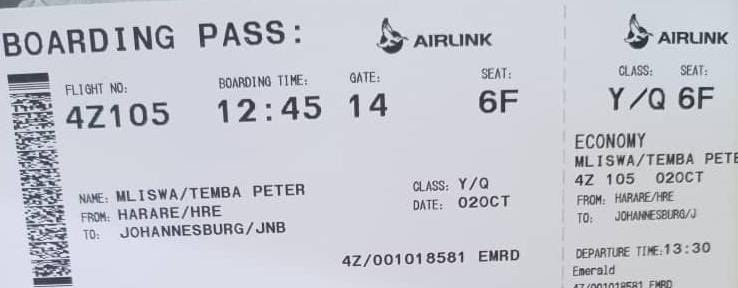

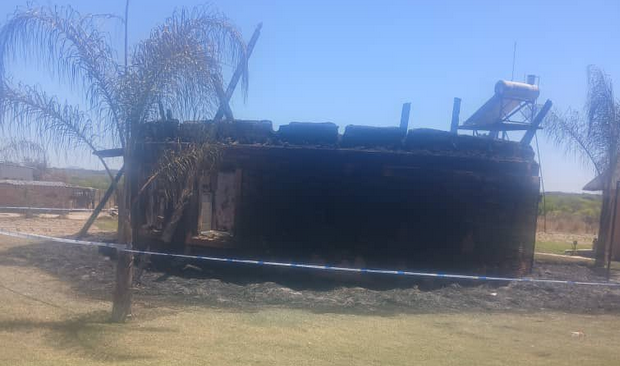
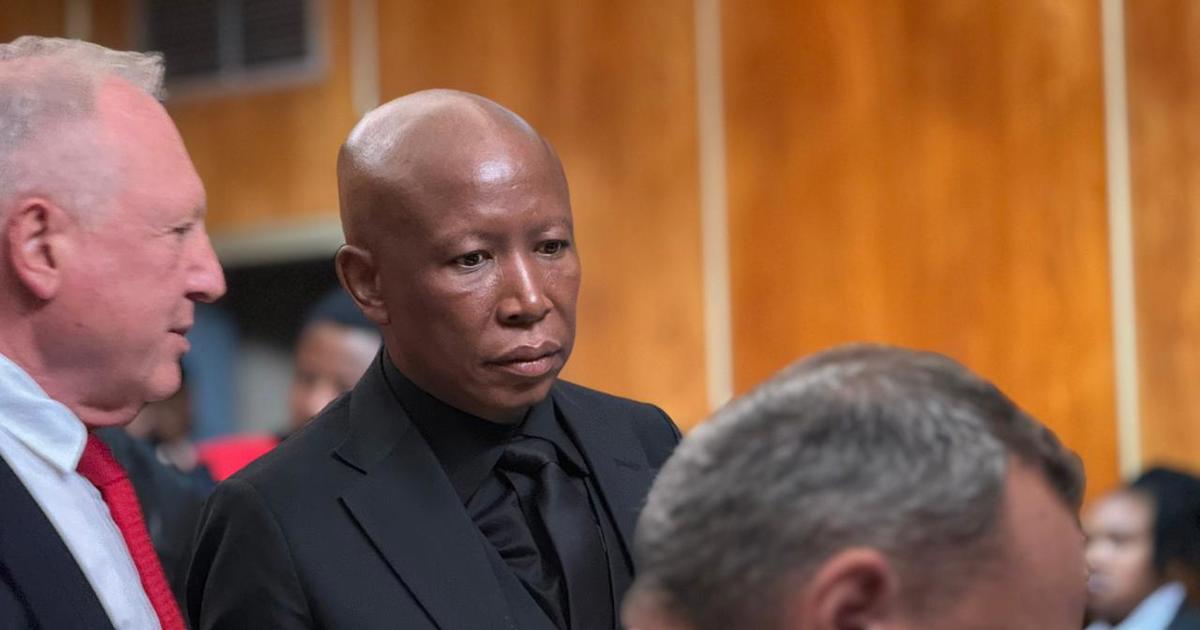
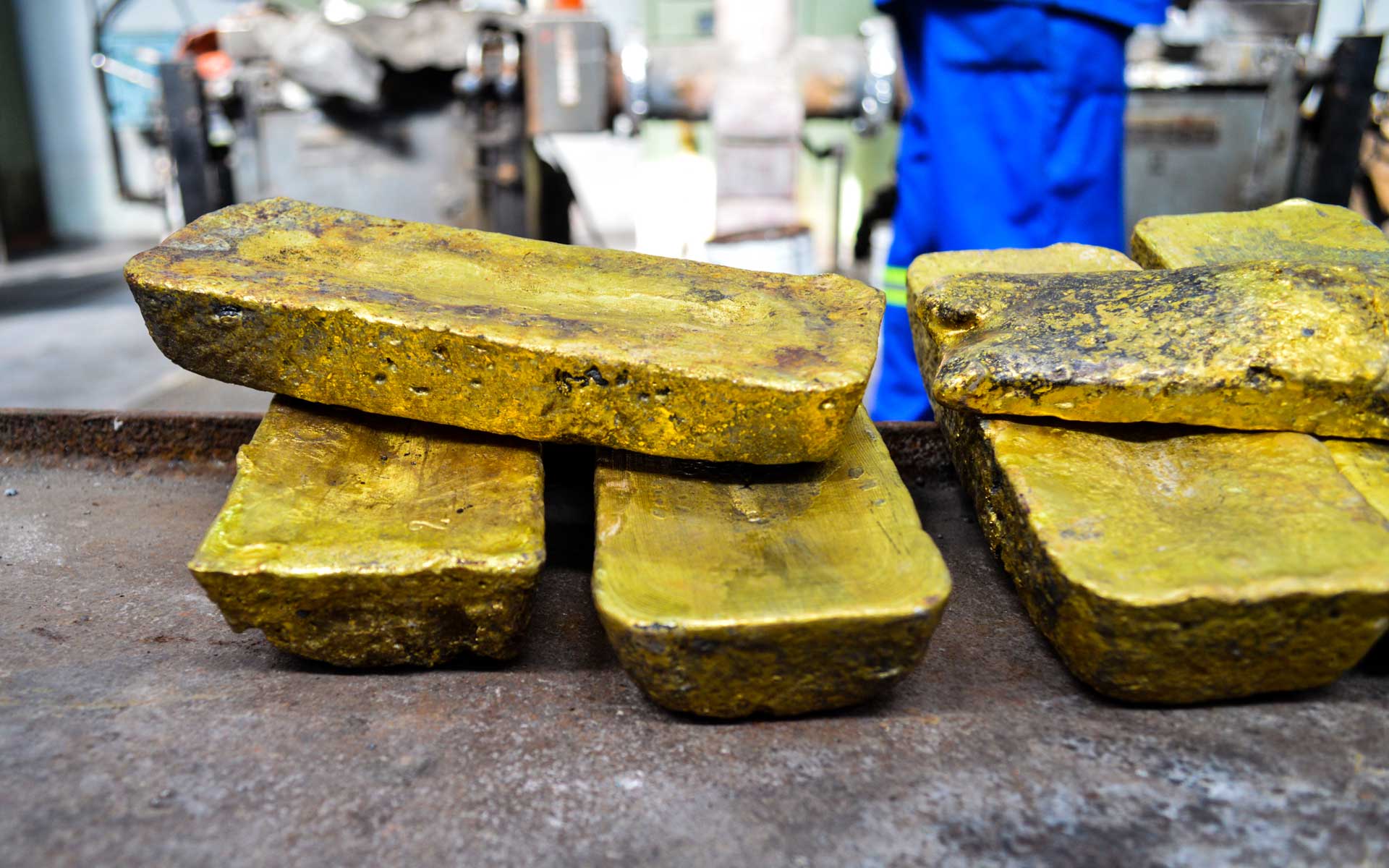
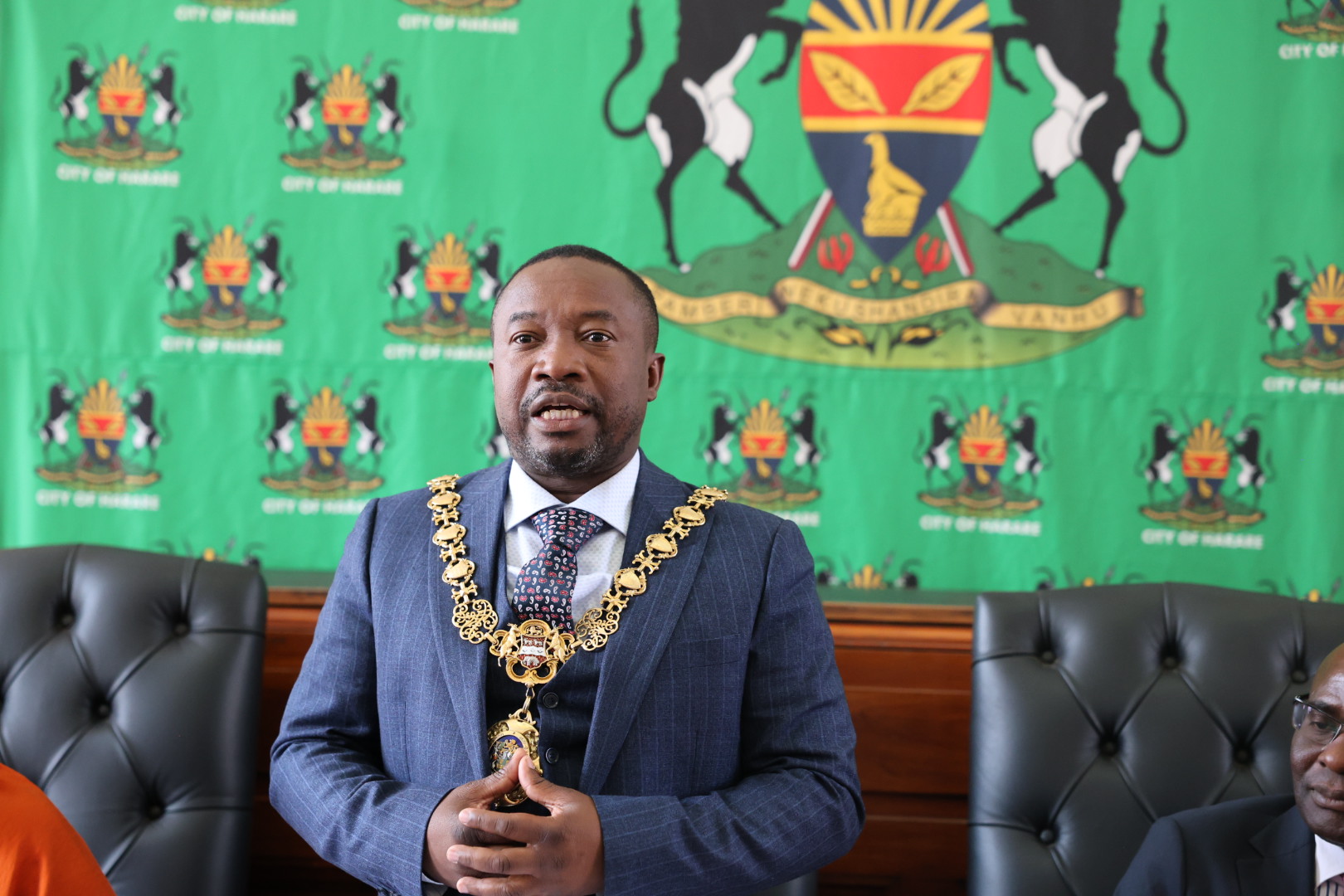
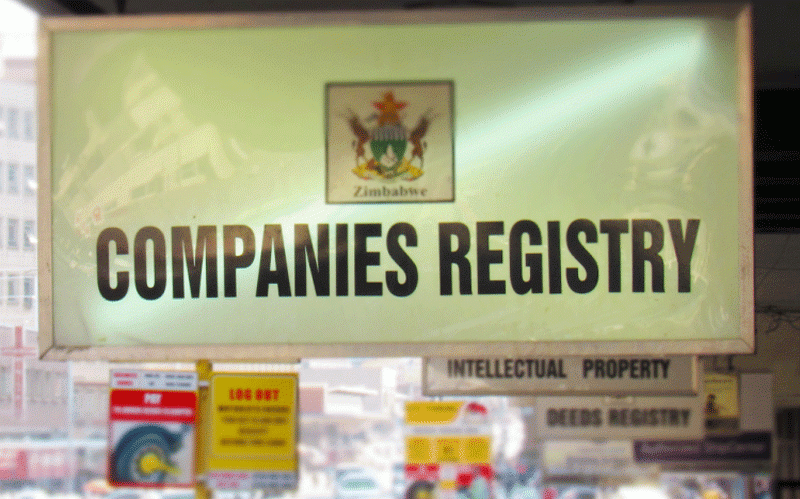

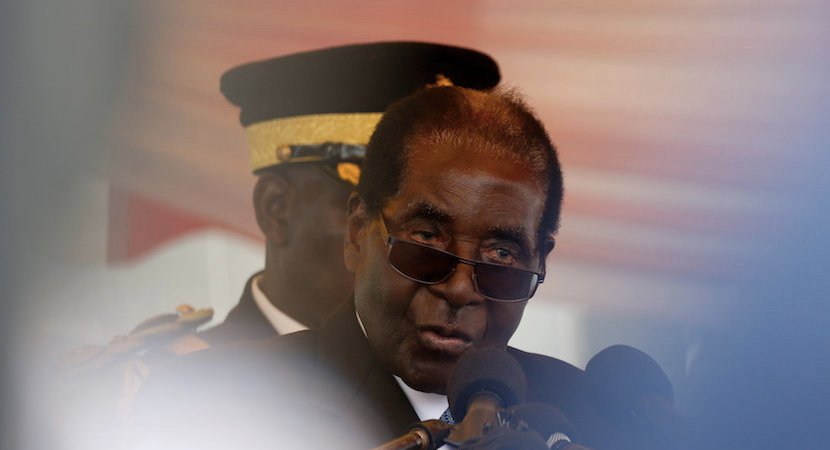
 Young Investment Professional (YIP) Graduate Programme 2019
Young Investment Professional (YIP) Graduate Programme 2019
Editor's Pick